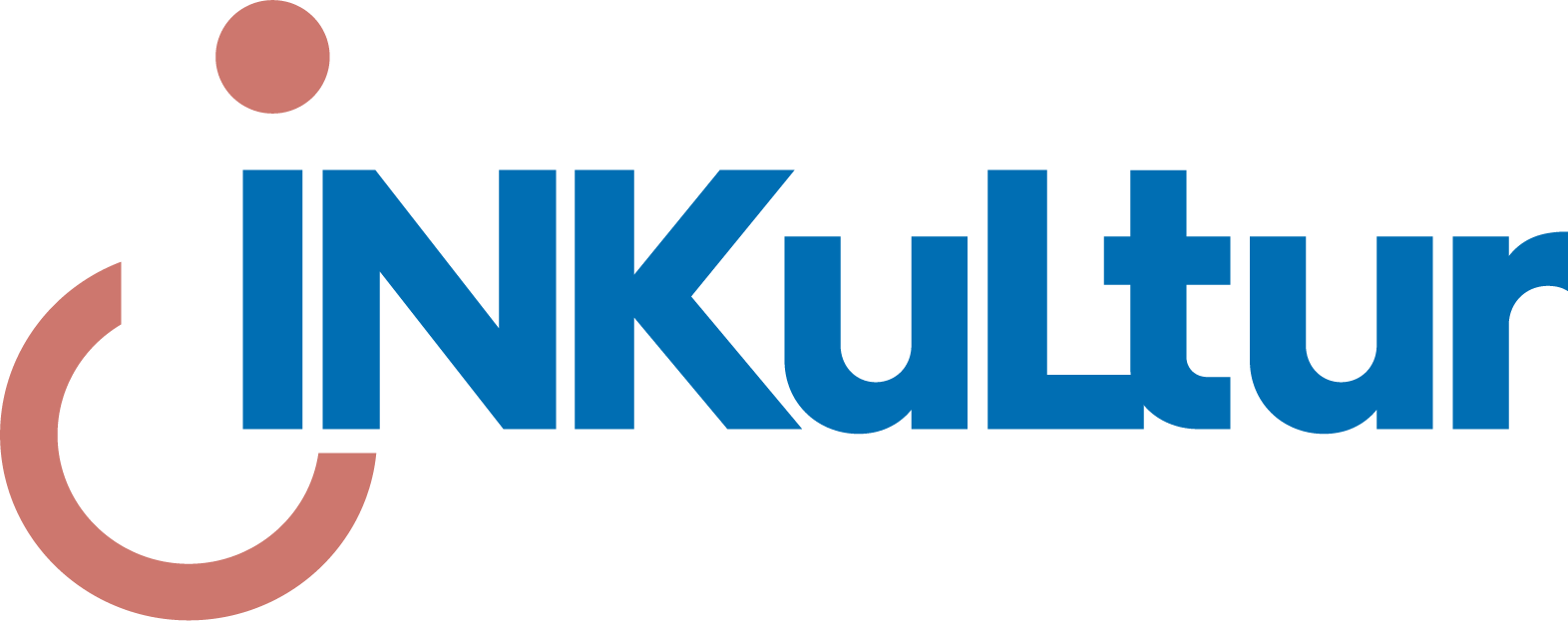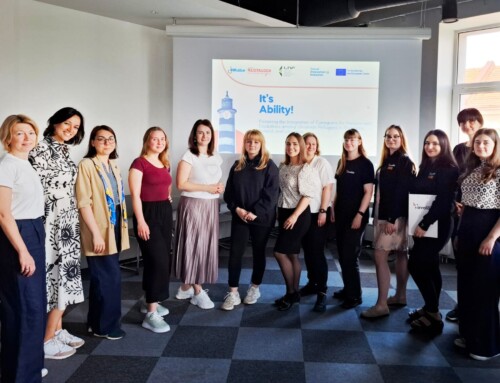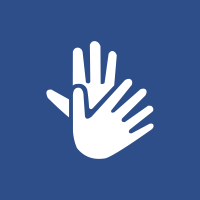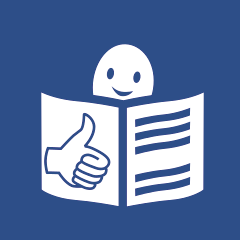The INkuLtur Programme Highlights in 2022
Dear INKuLtur community,
we took January to think back to what happened in INKuLtur in 2022. Last year was full of challenges and struggles but at the same time full of joy and achievement.
We started the 2022 with production on our free online video course Interactive Inclusion. It was very fruitful period in which we cooperated with new experts in inclusion and accessibility. Meanwhile this course is available on our website and on YouTube-Channel with English, Russian and Ukrainian subtitles https://inkultur.org/video-course/.
At the same time, we worked on the policy paper “How to make your cultural institution an inclusive place for disabled people!” with our well-known experts from the NGO “PaltzDa!”.
The Policy Paper is free to download in English, German, Russian and Ukrainian https://inkultur.org/materials/policy-paper/.
Later in 2022 we have started together with our partner in South Caucasus the educational programme for multipliers in Georgia and in Armenia. It is an ongoing programme, that is providing by Caritas Aregak Foundation (Gyumri, Armenia) and Association Anika (Tbilisi, Georgia).
Another ongoing work we started in 2022 is the development of a international Network Database that would list experts in the field of inclusion and accessibility from all the countries which INKuLtur works. Under the following link you can get an insight into what this database looks like https://inkultur.org/network/.
In October 2022 we organised a study trip to Berlin for 20 participants from Armenia, Georgia and Ukraine. This trip enabled all participants to learn how inclusion and accessibility work in berlin-based institutions and network internationally.
In December took place the online Panel discussion “Inclusive Culture and the Culture of Inclusion. How to involve people with disabilities in the process of making a cultural institution inclusive?”, which we organised within the INKuLtur Programme. The four invited experts Katrin Dinges and Stefanie Wiens from Germany, Marianna Harutyunyan from Armenia and Tamar Makharashvili from Georgia gave their opinions and expertise on this topic. Under the following link you can read the summery of the hole discussion https://inkultur.org/summery-of-the-panel-discussion/.
In the same month we adapted our dictionary of culture in German Easy-to-read Language together with experts in accessible language from the Sprachprofis GmbH and Lebenshilfe Hattingen. The dictionary is currently available on our website in German and Russian Easy-to-read language.
In this spirit we started the year 2023 and hope to continue our ongoing work and looking forward to what the new year brings us.
Your INKuLtur-Team
The programme “INKuLtur – For Inclusion and Participation in Сultural Life” is implemented by Dialogue for Understanding e.V. together with Eastern Partnership countries funded by the German Federal Foreign Office.








